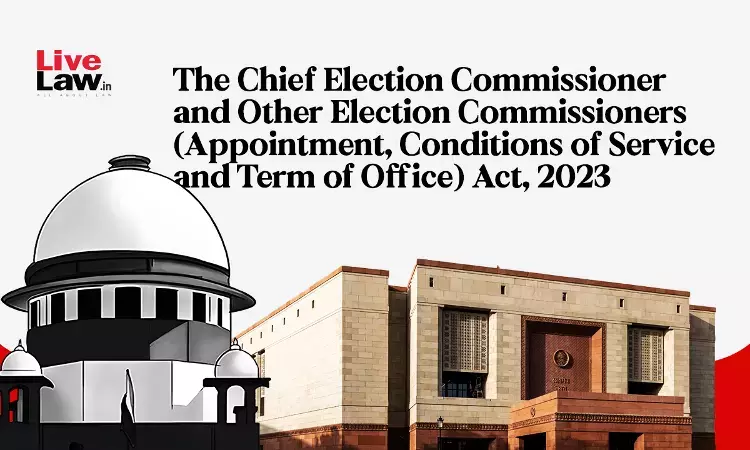'Normally We Don't Stay A Legislation' : Supreme Court Posts Pleas To Stay Election Commissioners Act On March 21
Awstika Das
15 March 2024 1:08 PM IST

Next Story
15 March 2024 1:08 PM IST
The Supreme Court on Friday (March 15) decided to postpone the hearing on pleas to stay the new law that removes the Chief Justice of India from the selection panel appointing election commissioners. Stating that the interlocutory applications are not on record, the court posted the matter to March 21.A bench of Justices Sanjiv Khanna, Dipankar Datta, and Augustine George Masih heard...
